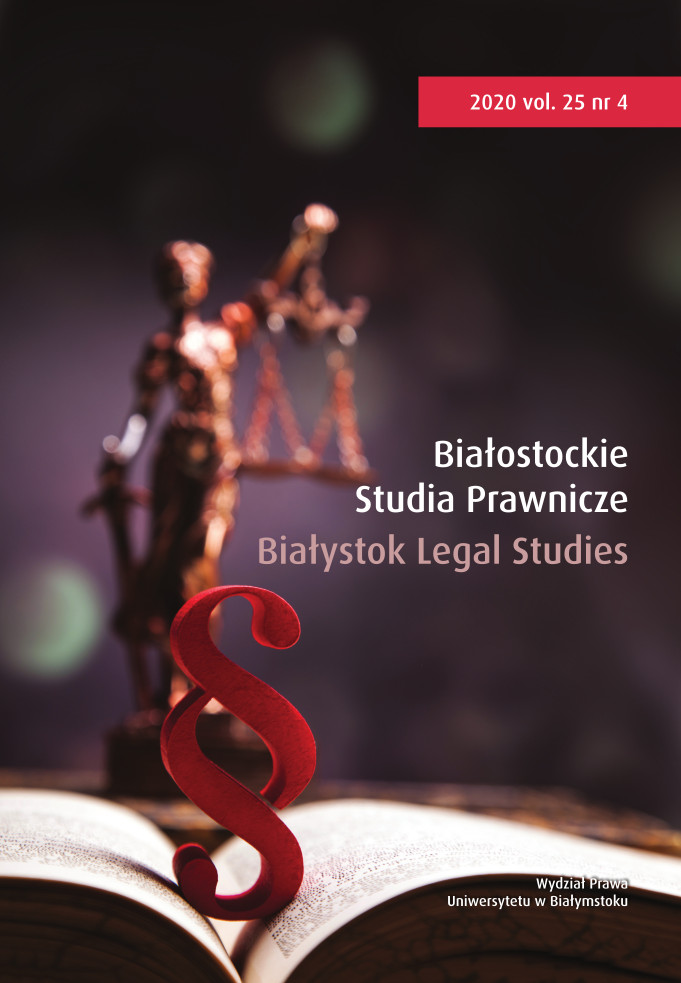Education in Doctoral School and Fees
Słowa kluczowe:
fees, doctoral school, the Law on Higher Education and ScienceAbstrakt
This article discusses the issue of fees that may be charged to doctoral students at doctoral schools. In compliance with Article 198 par. 8 of the Act – the Law on Higher Education and Science: “Doctoral education shall not be subject to fees.” This regulation may be prima facie interpreted as excluding the possibility of charging any fees to doctoral students at doctoral schools. However, this is an oversimplification. Whereas, indeed, any activities directly related to the education of doctoral students should be free of charge, doubts arise with regard to other types of fees enumerated in Article 79 of the referred Act. And so, in literature there is a consensus that three admissible types of fees potentially paid by doctoral students are those referred to in Article 79 par. 2 points 1–2 and 6 that is those charged for conducting the recruitment process (point 1), carrying out the verification of learning outcomes (point 2), using student dormitories and canteens (point 6). The interpretation of the regulations concerning fees in the entities running doctoral schools should not have an extensive or implicit character. Thus, in this context the objective scope of these regulations seems to be relatively narrow. In the practice of doctoral schools’ functioning, a certain problem, although potentially probably small, may prove to be the legislator’s waiver as of 1 October 2019 (as opposed to the fees charged at the hitherto doctoral studies) of fees due to repeating by a doctoral student of classes due to unsatisfactory academic performance and while issuing copies of certain documents. A lack of relevant provisions at a statutory level excludes charging fees in a situation when a doctoral student achieves unsatisfactory grades from taken classes or repeatedly loses such documents as, for instance, a doctoral student’s ID card, a student book, diplomas and copies thereof, supplements to diplomas. Therefore, the author postulates de lege ferenda relevant legislative amendments.Bibliografia
Brzuszczak P., Komentarz do art. 99–99a i 104 ustawy Prawo o szkolnictwie wyższym, (w:) M. Czuryk, M. Karpiuk, J. Kostrubiec (red.), Prawo o szkolnictwie wyższym po nowelizacji. Komentarz praktyczny, Warszawa 2015.
Brzuszczak P., Opłaty z tytułu powtarzania zajęć na studiach wyższych z powodu niezadowalających wyników w nauce w świetle ustawy Prawo o szkolnictwie wyższym i nauce, Konstytucji RP i orzecznictwa sądów administracyjnych, (w:) M. Radajewski, R. Chęciński (red.), Od Akademii Lubrańskiego do Ustawy 2.0 – nauka i szkolnictwo wyższe w polskich systemach prawnych, Poznań 2019.
Brzuszczak P., Skąd biorą się opłaty na studiach wyższych w uczelniach publicznych, „StRuNa – Rocznik Ruchu Naukowego” 2017, nr 1.
Dokowicz M., Komentarz do art. 198 ustawy Prawo o szkolnictwie wyższym i nauce, (w:) J. Woźnicki (red.), Prawo o szkolnictwie wyższym i nauce. Komentarz, Warszawa 2019.
Izdebski H., Komentarz do art. 198 ustawy Prawo o szkolnictwie wyższym i nauce, (w:) H. Izdebski, J.M. Zieliński, Prawo o szkolnictwie wyższym i nauce. Komentarz, Warszawa 2019.
Kierznowski Ł., Szkoły doktorskie. Komentarz do art. 198–216 oraz 259–264 ustawy Prawo o szkolnictwie wyższym i nauce, Warszawa 2018.



